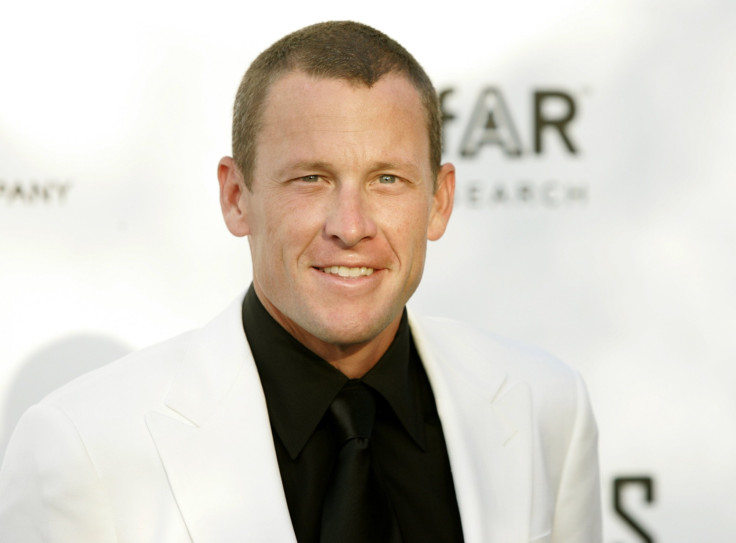Lance Armstrong Loses Lawsuit, Must Pay $10M To SCA Promotions Inc

Lance Armstrong’s bank account is about to get much lighter. The “Tour de Fraud” bicyclist was slapped with a record-breaking $10 million bill Monday after he lost a lawsuit with insurance firm SCA Promotions Inc., the firm said in a press release. The athlete, 43, earned $7.5 million from the insurance firm after he won seven times at the Tour de France.
Armstrong was punished after he engaged in “an unparalleled pageant of international perjury, fraud and conspiracy," according to the release. The disgraced athlete lied about doping for years before ultimately coming clean.
“Armstrong swore under oath on numerous occasions in that proceeding that he had never used performance-enhancing drugs during his career. Given that sworn testimony, SCA Promotions settled the matter for $7.5 million in 2006,” the release said. The company wants its money back since “SCA also suffered reputational damage and substantial loss of business” after Armstrong cheated and lied.
"We are very pleased with this result," Bob Hamman, SCA's president and founder, said in the release. "It is hard to describe how much harm Lance Armstrong's web of lies caused SCA, but this is a good first start toward repairing that damage."
The Livestrong founder has not responded since he was given a $10 million bill. The last time he tweeted, the Texas native posted a picture from Aspen, where he currently lives.
Beautiful hike up Smuggler Mtn with @annahansen here in @AspenCO today. Hard to believe it's this warm in February! pic.twitter.com/bWirlbwhWT
— Lance Armstrong (@lancearmstrong) February 13, 2015Armstrong publicly admitted his use of performance-enhancing drugs in a 2013 interview with Oprah Winfrey. The United States Anti-Doping Agency already had taken away his seven Tour de France titles and banned him for life from the sport.
When the BBC asked him in January if he would make the same choice about doping again, Armstrong evaded the question and said it was a bad decision. “When I made the decision, when my team made that decision, when the whole peloton [group of riders in a race] made that decision, it was a bad decision and an imperfect time,” he said. "But it happened. And I know what happened because of that. I know what happened to the sport. I saw its growth."
Follow me on Twitter @mariamzzarella
© Copyright IBTimes 2024. All rights reserved.












